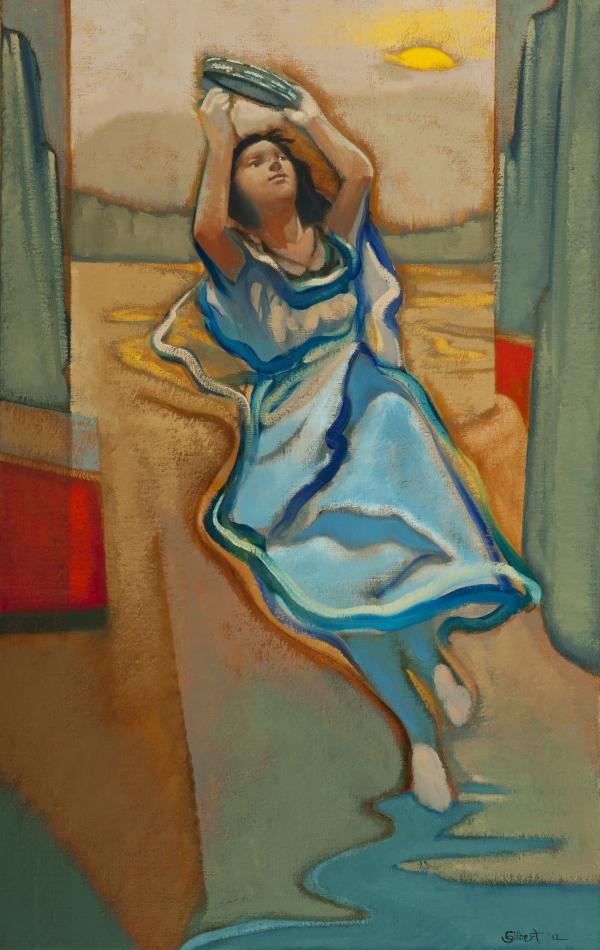Dramatic Music of Jewish Experience
From the curator
George Bernard Shaw once cynically defined oratorios as “unstaged operettas on scriptural themes, written in a style in which solemnity and triviality are blended in the right proportion for boring an atheist out of his senses.” But even if the old line about critics writing mostly just to impress themselves isn’t true, the oratorios and cantatas that make up Odes and Epics: Dramatic Music of Jewish Experience are far too compelling to be the target of such a rib. As works that plumb the depths of literature and the bible to breathe new life into timeless tales, their combination of inherently dramatic stories and expertly crafted musical settings convey affect and meaning in a way that transcends the confines of any single belief system.
Some works lean toward adaptation. In The Eternal Road, an epically large pageant for which Kurt Weill provided the music, modern history and biblical lore are juxtaposed as a metaphor for Jewish redemption. Ernst Toch’s Cantata of the Bitter Herbs recasts the Passover Haggada to address universal experiences of oppression and longings for freedom. Thomas Beveridge’s interfaith oratorio explores loss, remembrance, and grieving in Catholic and Jewish liturgical musical traditions for the end of life. It’s the careful weaving together of history, narrative, and some kind of utopian idealism that helps us look backward on history even as we work toward a more just future.
But some things are better left in their original state, as the composers who participated in the Genesis Suite chose to do. There’s no updating of texts here, no adaptation of the historical context or characters. The composers simply used the biblical account of the creation of the world as inspiration for composing its soundtrack. And you needn’t believe in the Judeo-Christian creation story to appreciate Genesis Suite. From Schoenberg’s atonal treatment of the pre-creation chaos to Stravinsky’s depiction of the scene at Babel, the music adds an important emotional layer to the wonder of Earth’s creation, to the severity of Adam and Eve’s fear at having defied God’s command, the fierceness of the flood that destroyed all but Noah and those on his ark, or the intensity of God’s wrath toward Cain for the slaying of Abel.
Odes and Epics also helps remind us that, as Neil W. Levin relates in his introduction to this volume, the development of the cantata and oratorio in the 18th and 19th centuries brought both musical innovation and secular influences. Thus we have two Yiddish cantatas in this volume based on stories by Isaac Leyb Peretz. Both stories explore the Hassidic milieu, but with the critical distance of a skeptic—albeit one that nonetheless admires his subjects. Those familiar with the history of Jewish music in America will doubtless take interest in these cantata's composers—Yiddish theater great and Bay mir bistu sheyn composer Sholom Secunda (If Not Higher), and the master craftsman of the Yiddish art song Lazar Weiner (The Last Judgment).
That the tales told in this volume continue to fascinate attests to their timelessness, to their ability to speak to multiple audiences, to all that we can still learn from them. Captivating to both atheist and believer, gentile and Jew, they invite interpretation and enchant us anew each time we engage with them.
—Jeff Janeczko













